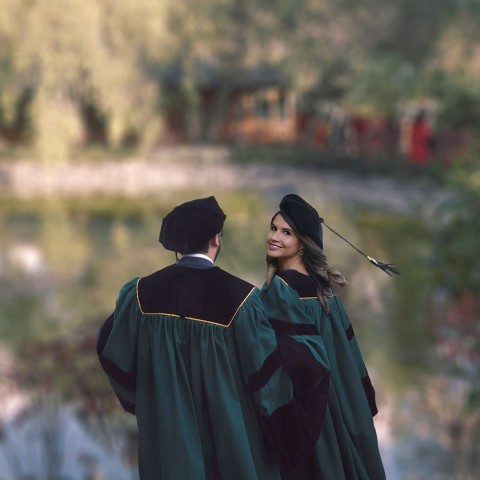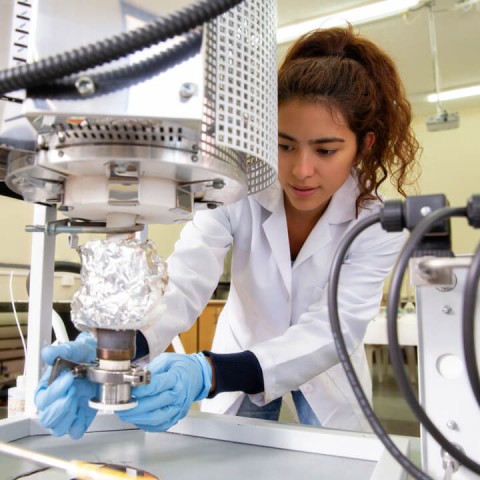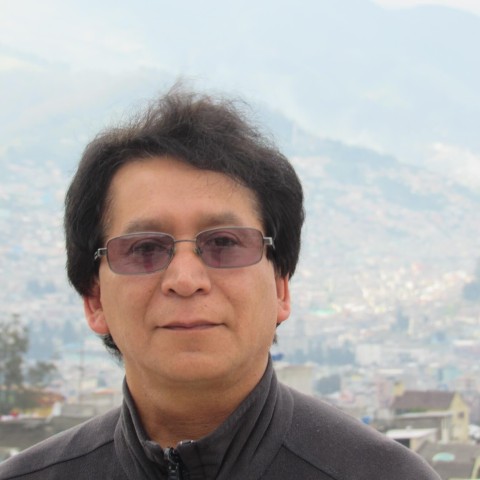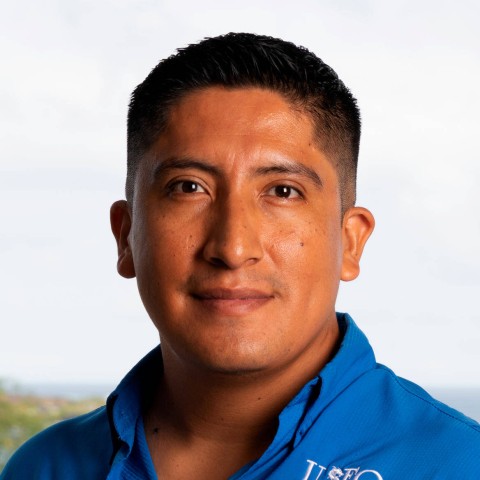
This minor is designed for students from any discipline who wish to master the art of storytelling across various formats and platforms. Through courses in storytelling, digital content, digital marketing, team leadership, and internet, culture and society, students will learn to craft compelling narratives, optimize content distribution, and sell ideas, projects, or even their own personal brand as future professionals





